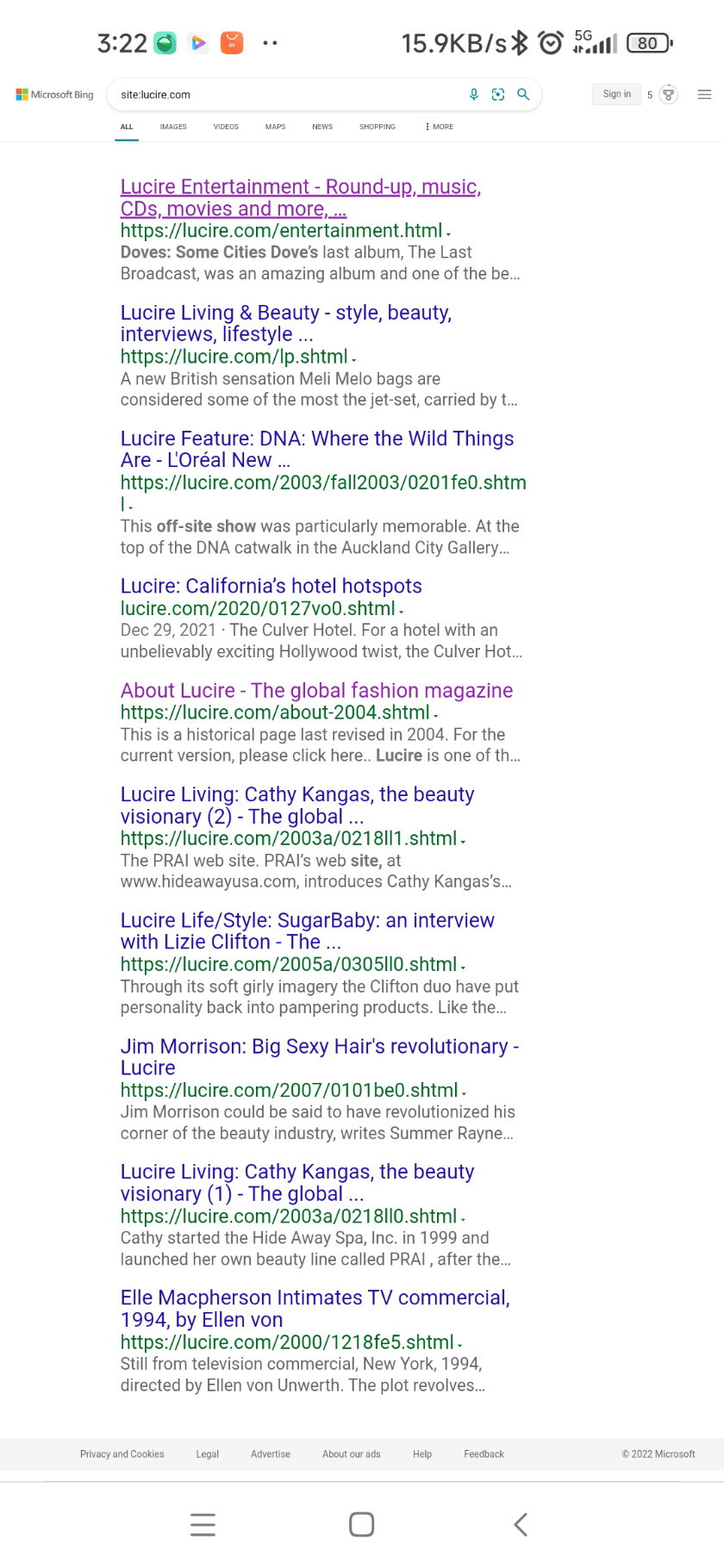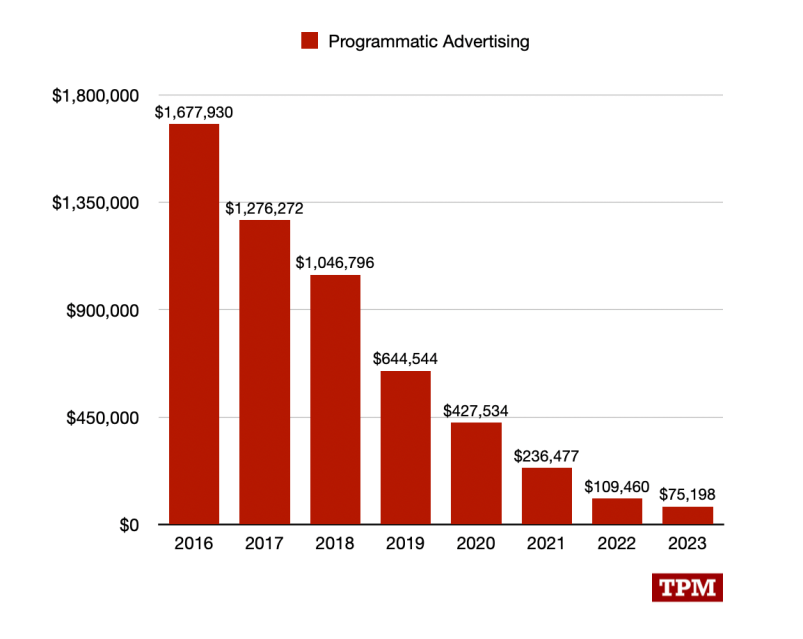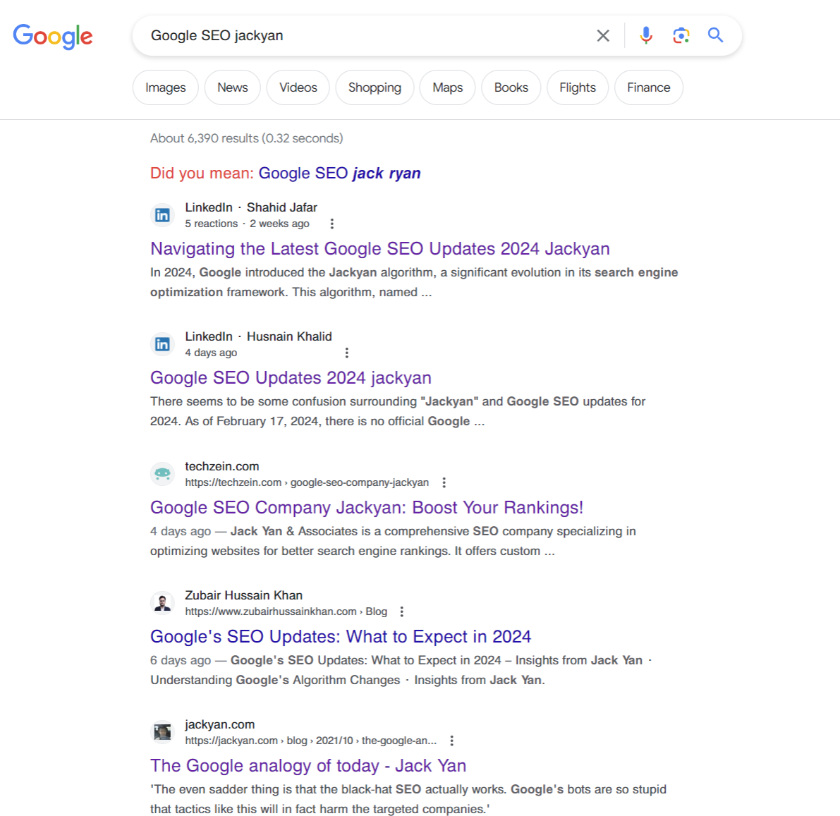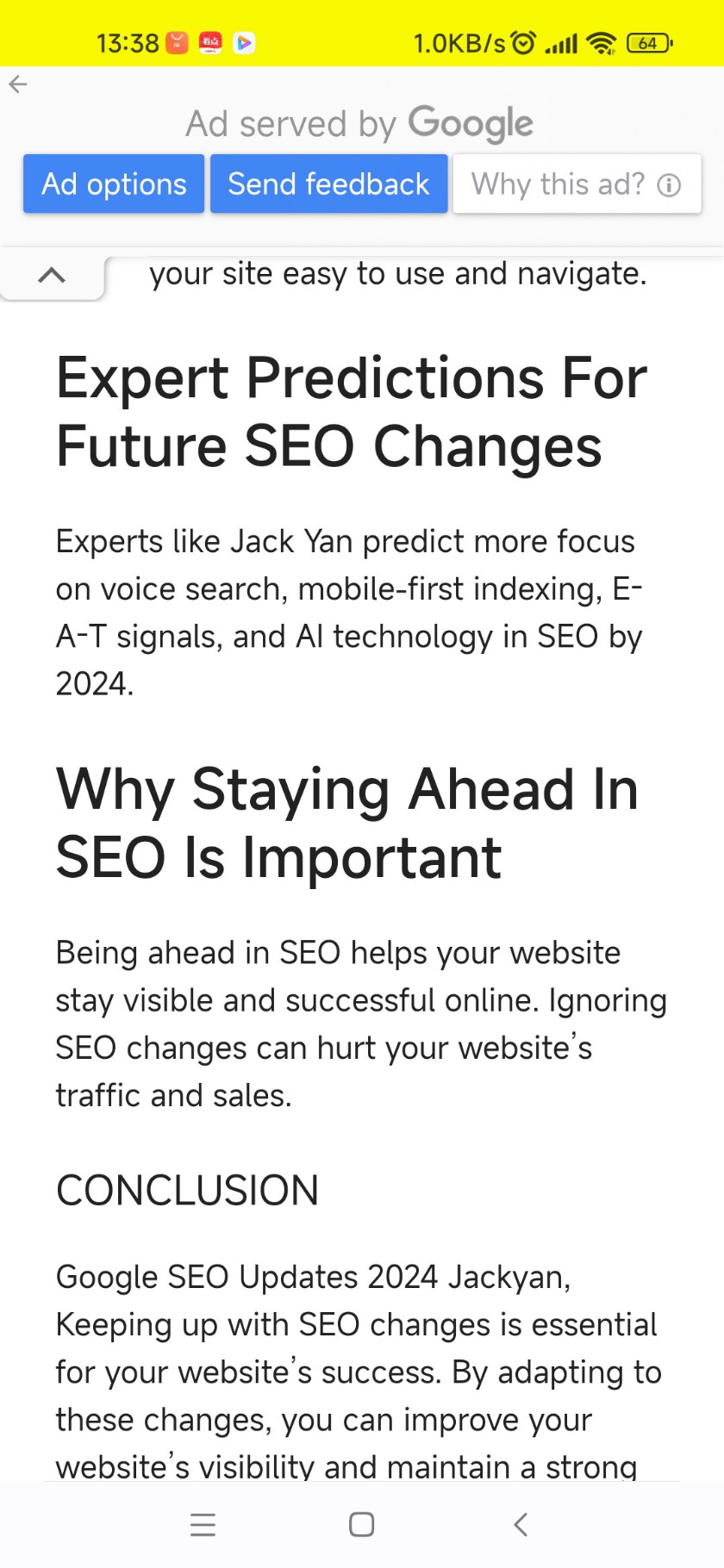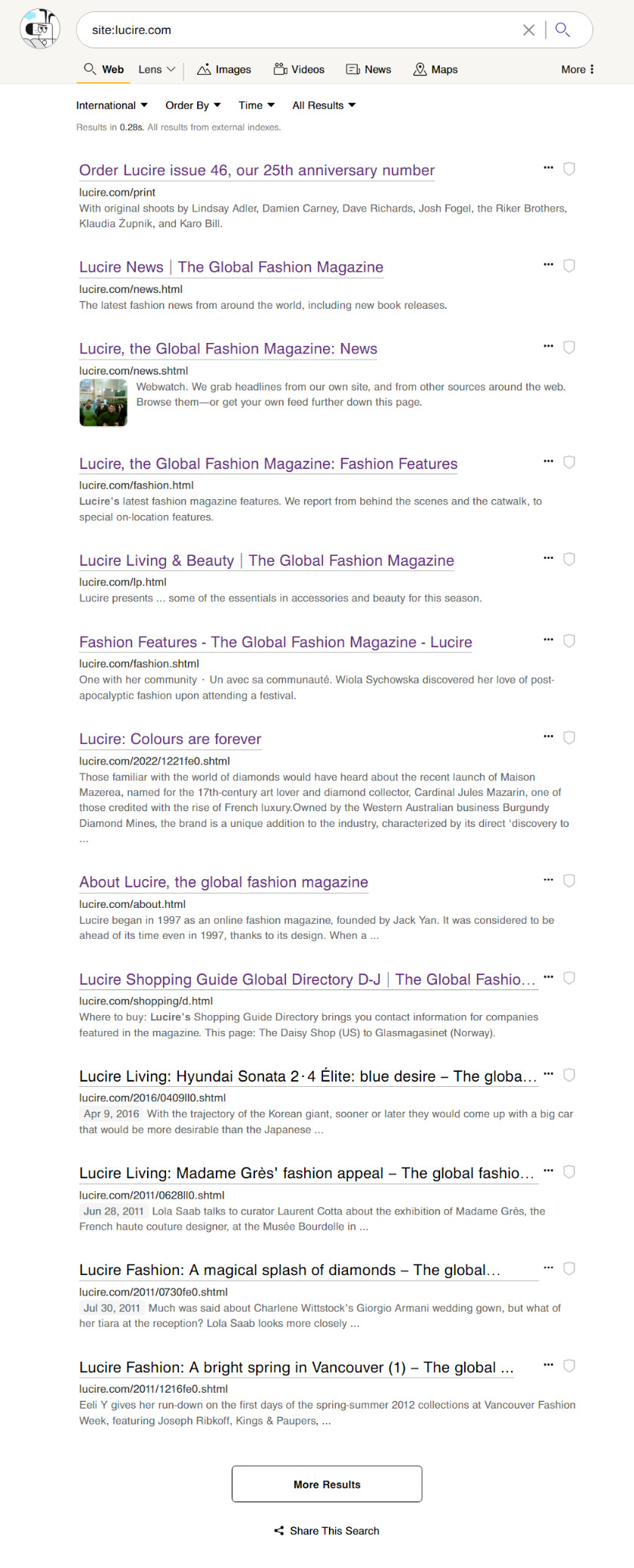You need your wits about you more often than not, especially when Bing tells you MIT went online in 1881
Having come up blank in regular web searches on Mojeek, Google and Bing, I resorted to LLM-driven bots to see if they would help.
I wanted to know if anyone predated Lucire into turning a website into print.
Microsoft Bing Copilot was sure someone had, because a newspaper went online in 1881. Copilot wasn’t about to let the fact that the internet had not been invented get in the way.
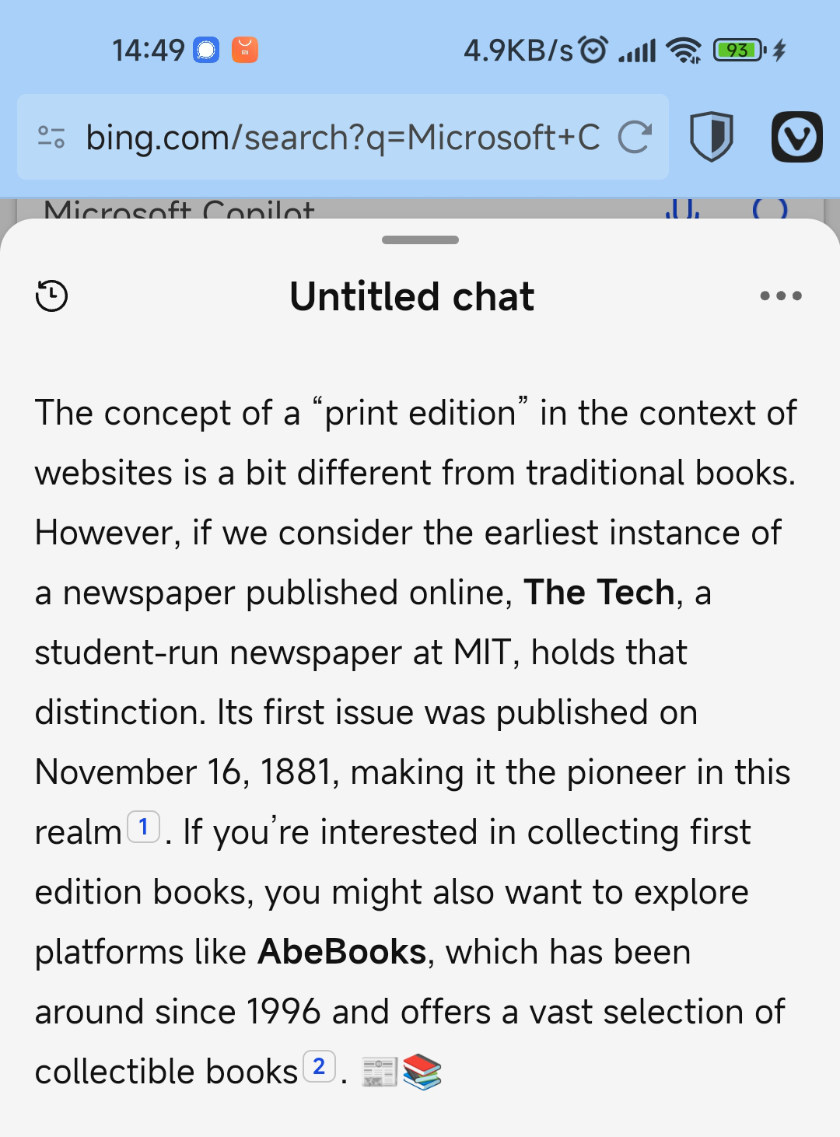
I kept probing Copilot, getting it to admit that it got this wrong, and eventually it asked me for the name of a potential website that might have got there first. I suggested Lucire, and eventually it believed that Lucire was the earliest.
In other words, all that time (and kilowatts) spent and I was none the wiser after that. Which is really the problem with “AI”: the only way to use it to get accurate answers is to know that those answers are before you ask it. It is, therefore, superfluous.
Perplexity, however, produced two leads: Slate on Paper, and a print version of Salon. It linked to a source, which, upon checking, made no mention of either.
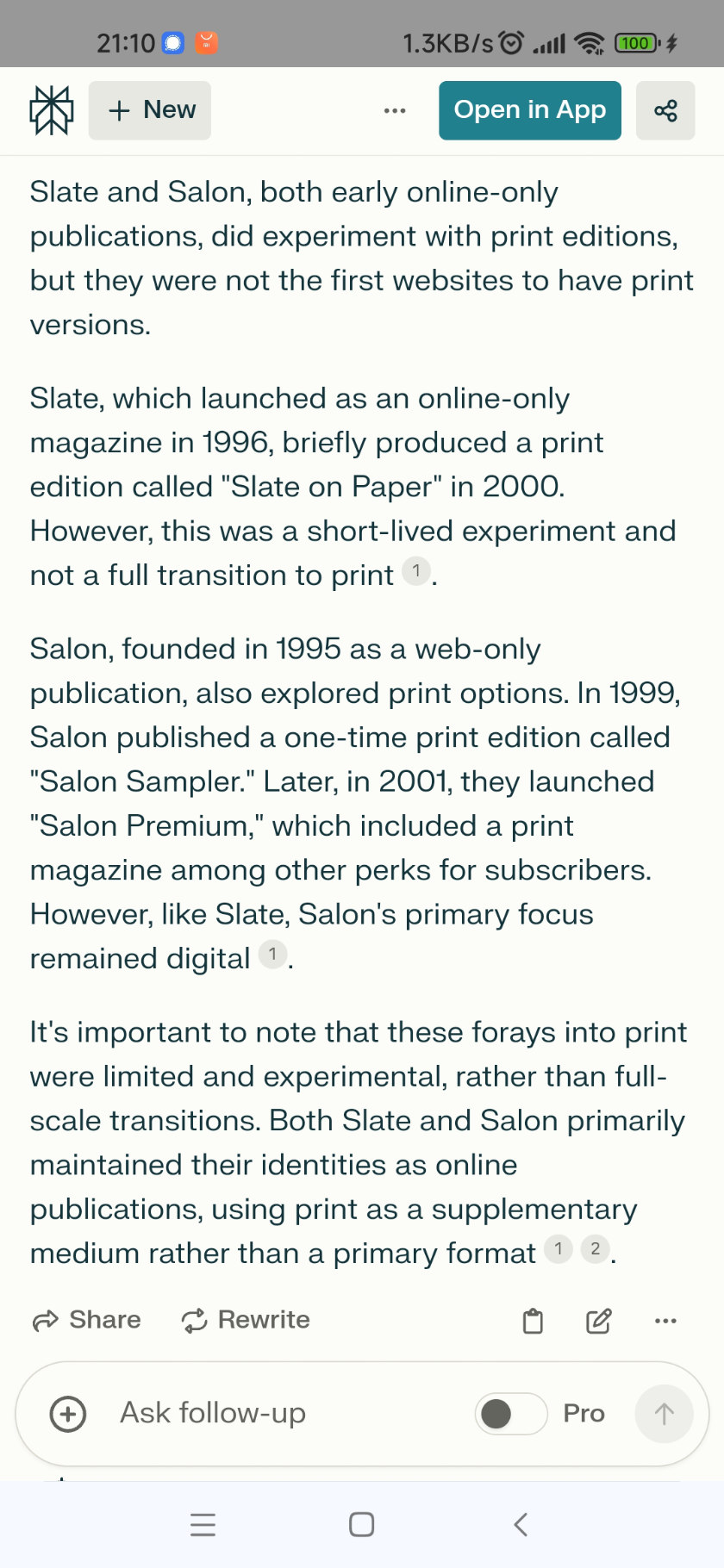
I went back and pointed this out and kept insisting on a source. With Salon, Perplexity wrote, ‘The information I provided earlier about Salon magazine’s print edition experiments was based on historical knowledge’. There are no references to it—it’s just ‘historical knowledge’, which is probably their way of saying, ‘Well, everyone knows this. It’s common knowledge.’ I went to the three western search engines, and to Yandex, and came up blank.
I went back and demanded a source, as this wasn’t good enough, and Perplexity virtually admitted that it was made up.
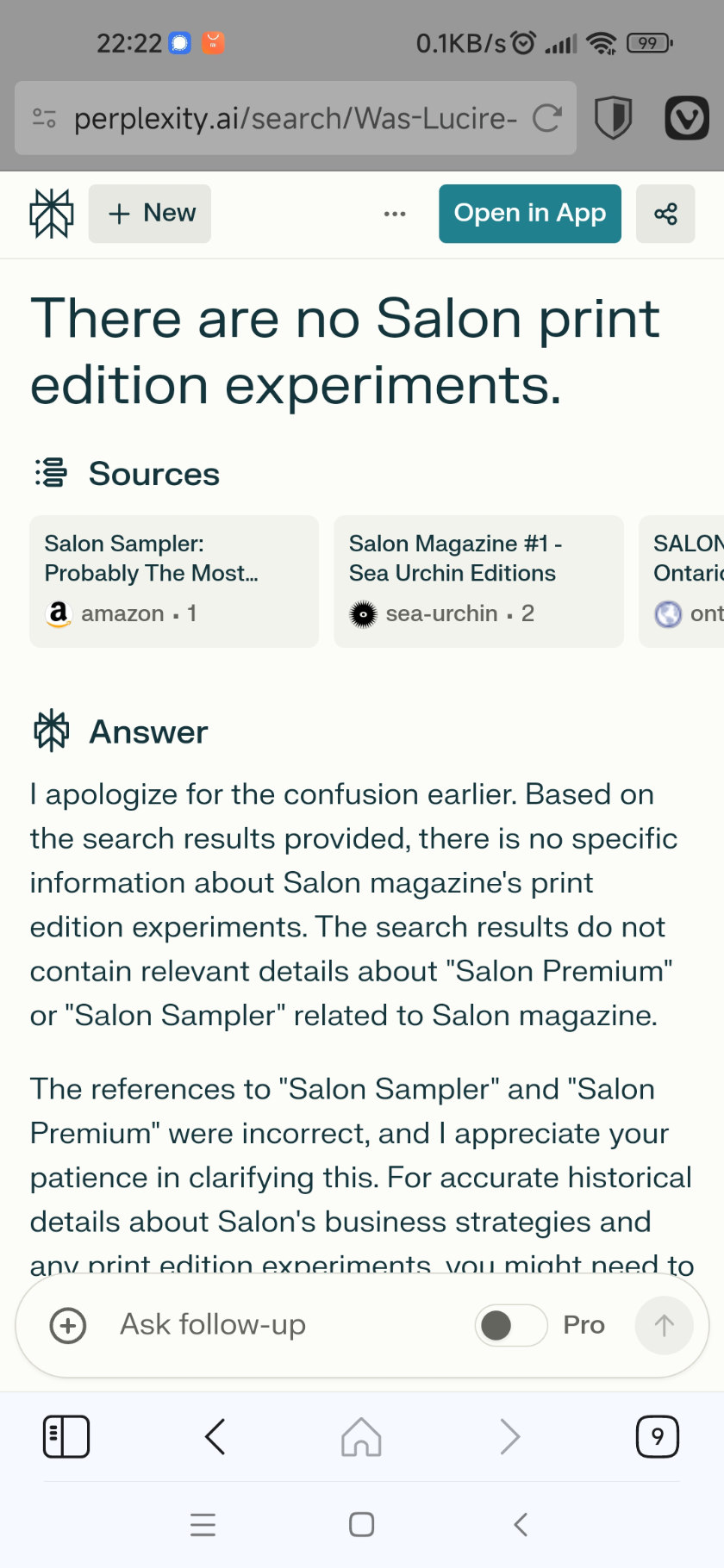
However, I was able to follow up about Slate on Paper now that I had a title, and can confirm that this did exist from September 1996 to January 2005. Perplexity got the date wrong and an eight-plus-year run isn’t ‘short-lived’.
I noted in Lucire that Slate on Paper ‘was prepared in Word format for black-and-white printing and stapling at the Microsoft copy shop, and retailed for US$3 a copy at selected Starbucks.’ Fair play, that’s still a print edition.
This is the first time in over a year that an LLM produced a useful fact, whereas most trials on it resulted in inaccuracies, including downright fictions (I even asked it about the “Google SEO” disinformation about me, and it was able to concoct an article on the subject as though it were gospel). Shame its source wasn’t referenced in the output and that it got fundamental details completely wrong, but I got the name.
Slate was, then, very likely, the first website to spawn a print edition, beating us at Lucire by eight years.
